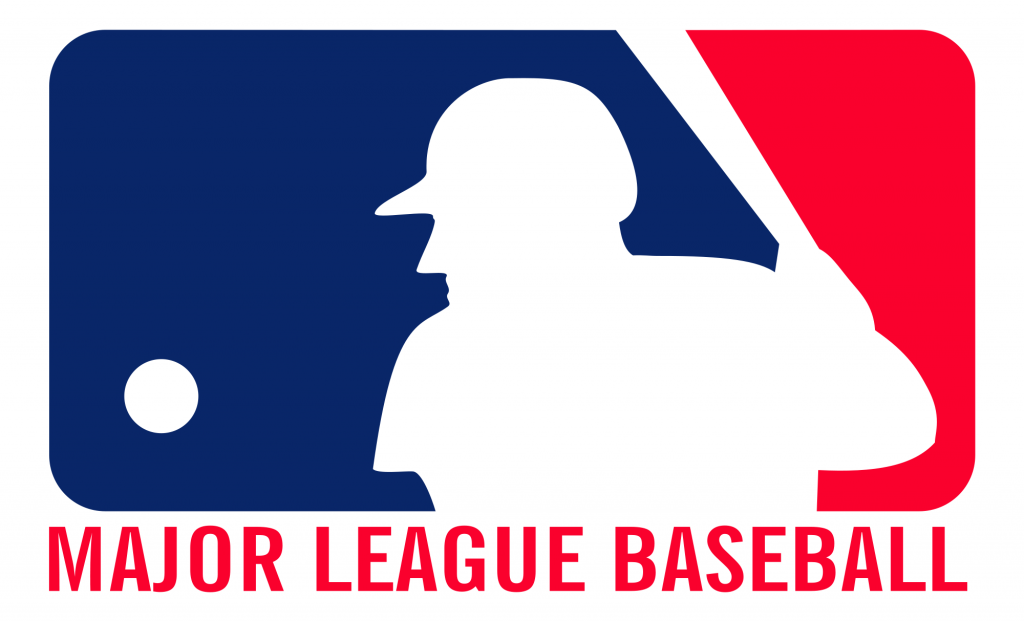
The Mitchell Report noted problems with current steroid education programs in MLB that focus on severe steroid dangers and deleterious side effects:
[T]hese health risks… generally will not deter a player from using these substances. This is because players who use or are considering using performance enhancing substances do not consider them dangerous if used properly. This view is reinforced when players see that other players who they know are using performance enhancing substances arc not experiencing the adverse health effects described in the educational materials.
This makes sense. If steroid use is rampant and the clubhouse, yet no one is experiencing any of the negative side effects, then why would players give any credence to the MLB “steroid education” programs? Perhaps overstating and exaggerating the side effects and related scare tactics are not effective in a drug education program?
As a solution to the shaky credibility of current steroid education program, the Mitchell Report suggests offering “education on alternative methods to achieve the same results.”
Brilliant! Tell athletes to not use steroids because, among other reasons, success and performance should be the result of “character” and not “chemistry.” As George Will eloquently argues in the Mitchell Report:
Athletes who are chemically propelled to victory do not merely overvalue winning, they misunderstand why winning is properly valued. Professional athletes stand at an apex of achievement, but their achievements are admirable primarily because they are the products of a lonely submission to a sustained discipline of exertion. Such submission is a manifestation of good character Drugs that make sport exotic, by radical intrusions into the body, drain sport of its exemplary power by making it a display of chemistry rather than character. In fact, it becomes a display of some chemists’ virtuosity and some athletes’ bad character.
Then, at the same time tell athletes to use substances (supplements) that have the same (drug-like and performance-enhancing) results as steroids.
[W]hile it is important to educate players about the dangers of performance enhancing substances, it is just as important to educate them on how to achieve the same results through proper training, nutrition, and supplements that are legal and safe.
Of course, this will encourage knowledgeable chemists to create legal supplements with drug- and steroid-like effects that comply with current regulations (i.e. Dietary Supplement Health and Education Act); as defined by law, such supplements are assumed safe unless or until the FDA can prove otherwise! THG redux.

About the author
Millard writes about anabolic steroids and performance enhancing drugs and their use and impact in sport and society. He discusses the medical and non-medical uses of anabolic-androgenic steroids while advocating a harm reduction approach to steroid education.

Leave a Reply
You must be logged in to post a comment.